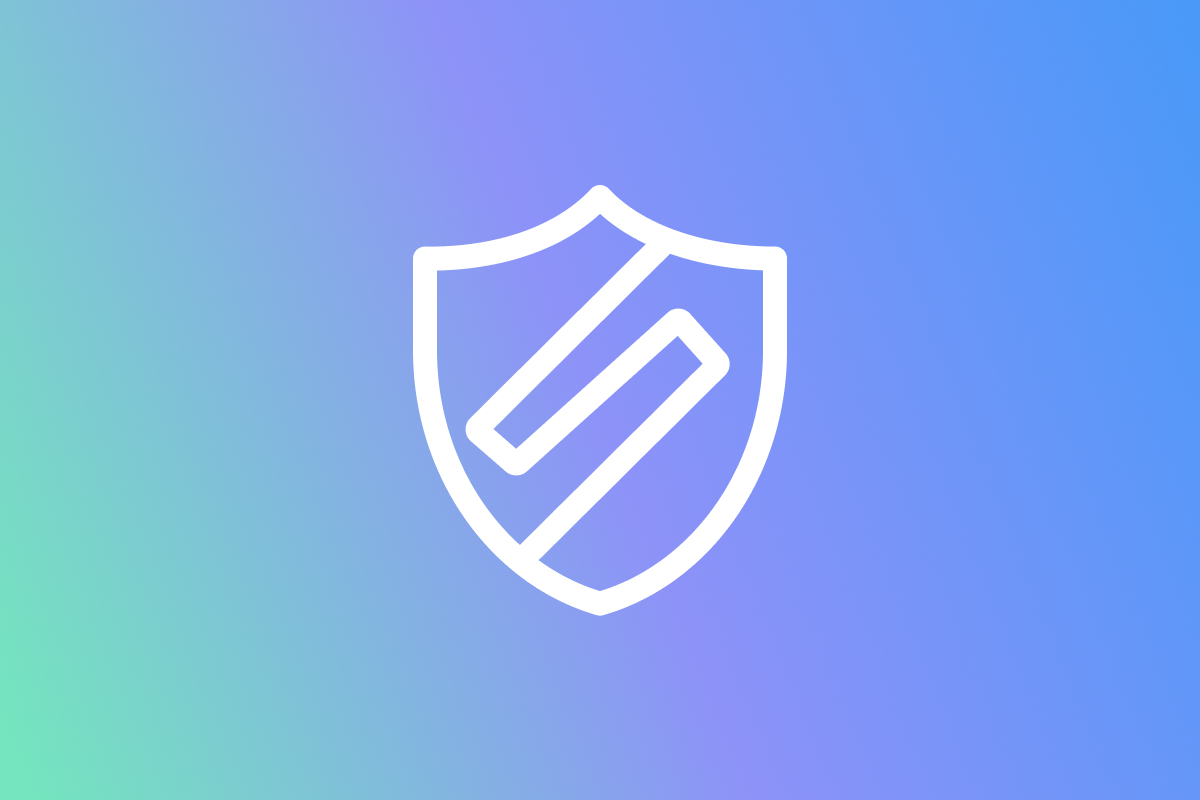Identity theft is on the rise again and COVID-19 has provided new opportunities to scam people with fake posts and emails. COVID scams include fake vaccines or “miracle cures,” scam employment posts, fraudulent investment sites, and fraudulent e-commerce vendors for test kits, sanitizers, and masks. Identity theft can happen to anyone, which is why it’s important that you take the proper precautions to ensure it doesn’t happen to you in the first place (or again if it’s happened before).
1. Freeze Your Credit
One way to prevent identity theft is to freeze your credit until you’re ready to use it. You can freeze your credit with all three of the major credit bureaus: Experian, Equifax, and TransUnion. A credit freeze won’t affect your credit score or prevent your credit from being checked, like for a job, rental agreement or credit report. Instead, it can stop a thief from making changes to any of your existing accounts and prevent the opening of any new accounts. A credit freeze also won’t stop prescreened credit offers from coming to your house. To freeze your credit, contact each of the credit bureaus individually.
2. Protect Your Computer & Regularly Change Passwords
Protecting your computer using a firewall and a secure browser can help deter identity theft. Make sure you’re changing your passwords regularly to make it harder for hackers to get into your accounts. Avoid downloading files from strangers, password-protect your personal and financial information, and avoid an automatic login process. Install anti-virus software on your computer. LifeLock comes with Norton antivirus and the two have had great strength and success in protecting customers from cyberattacks. If you want all-in-one identity theft protection and one integrated plan for complete privacy, Norton 360 with LifeLock features can cover all of your bases.
3. Be Careful Online
Not every link on the internet or social media is safe so be careful what you’re clicking on because this is a common way to get malware and viruses. Phishing scams and spoofing are popular ways hackers try to gain access to your computer or mobile device. Avoid sharing personal information like your Social Security number, birth date, or bank account number online unless it’s a trusted site and never send this kind of information over a public Wi-Fi connection because that makes it easier for hackers to gain access to your computer or mobile device.
4. Monitor Your Financial and Medical Statements
Continuously monitor all of your financial and medical statements to keep an eye out for suspicious activity. Every month, sit down and pore over your statements to ensure there are no fraudulent charges on any of your bank or credit card statements. If you recognize an unfamiliar charge, make sure to report that suspicious or unusual activity to your financial institution as soon as you notice it. The same goes for any unusual activity on your medical statements. Report fraud the moment you realize it and you’ll be in a much better situation to rectify it.
Taking the Right Precautions
Preventing identity theft is crucial these days. A financial hacker can turn your life upside down and wreak havoc on your finances if you aren’t vigilant about protecting your personal and sensitive information. That means freezing your credit when you need to, protecting your computer from threats, changing your passwords regularly, being more careful when you’re online, and monitoring your financial and medical statements.

